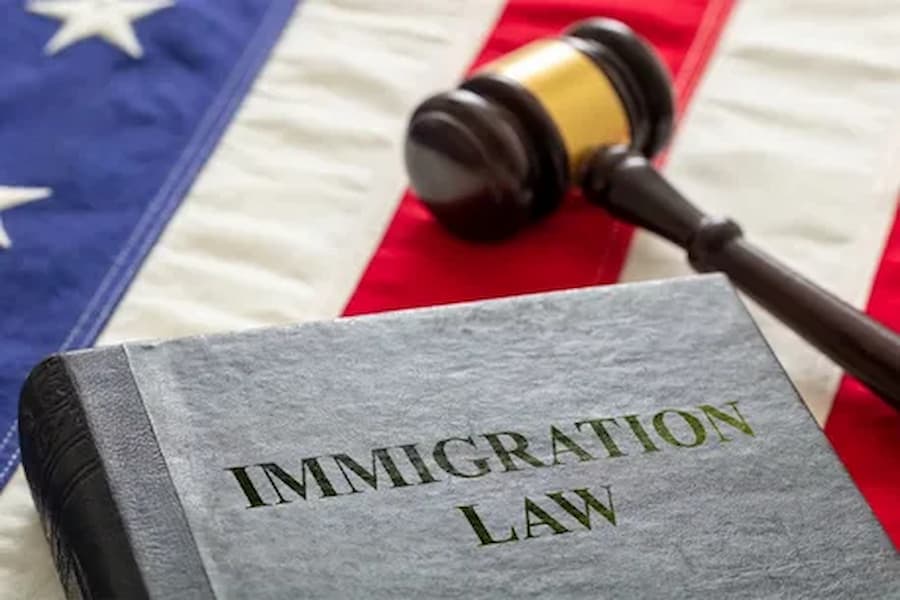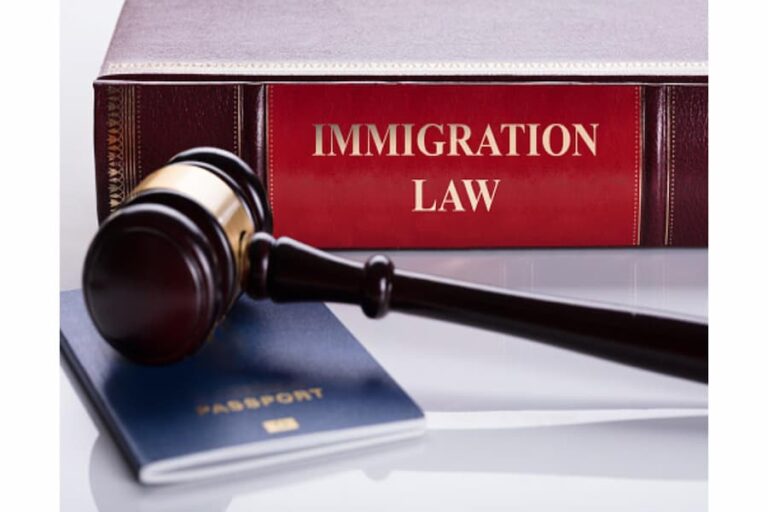Introduction
Immigration policies all throughout the world differ greatly based on the political, social, and economic interests of a country. To safeguard their national interests and limit immigration, certain countries have strict laws. Below are countries known for their strong immigration laws; we will investigate the reasons behind their policies and the difficulties these laws present for immigrants.
Countries with the Strongest Immigration Laws
1. Australia: A Points-Based Powerhouse
One of the most selective point-based immigration systems in the world, Australia boasts Factors including age, education, job experience, and English language ability help to determine candidates. Although the country welcomes trained professionals, its strict screening guarantees only those fulfilling particular requirements admission.
Furthermore rather stringent are Australia’s border security regulations. Often sent to offshore detention facilities in locations like Nauru and Papua New Guinea, Asylum seekers arriving by boat have come under international criticism. Reflecting Australia’s strong position on regulated immigration, these steps are meant to discourage illegal entrants. Uk citizens planning to get immigration can consult with the immigration law firms Manchester for expert opinion.
2. United States: Security-Driven and Politically Contentious
Historically a centre for immigrants, the United States boasts strict immigration laws policies driven by security issues as well as economic ones. Its intricate system consists of measures to stop illicit immigration, rigorous screening procedures, and visa limitations. Though the requirements are competitive, programs like the Diversity Visa Lottery provide means of legal immigration.
National security issues following 9/11 have profoundly influenced U.S. immigration laws. With significant expenditures in monitoring technologies and physical obstacles along the U.S.-Mexico border, border enforcement has tightened. Furthermore, political debates surrounding immigration reform have led to frequent changes in policies, creating uncertainties for immigrants.

3. Japan: Cultural Preservation Through Rigidity
Emphasising cultural preservation and economic demands, Japan’s immigration laws are among the toughest in the world. The country allows restricted permanent immigration, giving short-term work visas and specialised experts top priority. Many times, foreign workers have strict criteria for renewing their permits or moving to permanent residence.
Japan is wary of extending its borders generally even with its ageing population and workforce problems. Policies concentrate on maintaining the homogeneity of its society while integrating a limited number of highly qualified immigrants. Even for individuals who fit legal criteria, the language barrier and cultural norms limit immigration even further.
4. Switzerland: Highly Selective and Decentralised
Switzerland’s immigration regulations are characterised by selectivity and a decentralised structure, enabling local cantons to influence immigration choices. EU/EFTA nationals benefit from the free movement agreement, whereas non-European immigrants face severe quotas and criteria.
Swiss laws prioritise economic value, rewarding competent people who fill shortages in the labour market. Immigrants must demonstrate a high degree of integration, including language proficiency and conformity to local standards. Switzerland likewise enforces residence limitations, forcing long-term immigrants to fulfil tough standards for citizenship.
5. Saudi Arabia: Limited Rights for Foreign Workers
Saudi Arabia has some of the harshest immigration laws, particularly for low-skilled migrants. The country’s “Kafala” sponsorship program links migrant workers to their companies, therefore limiting their rights and mobility. Violations of visa rules may result in harsh consequences including deportation and jail.
Saudi Arabia prohibits routes to permanent residency or citizenship even if it depends on foreign workers for economic growth. Although the government has a highly regulated immigration system that gives Saudi natives top priority, recent changes seek to better circumstances for expats.
6. South Korea: Controlled Growth Through Selectivity
To control its social and economic stability, South Korea imposes strict immigration policies. With an eye toward qualified workers and ethnic Koreans returning from overseas, most immigration is linked to jobs. Visa restrictions and tight quotas control the foreign national influx.
For individuals looking for permanent residency, South Korea lays strict requirements including language skills, cultural integration, and financial stability. Unauthorised immigrants deal with strict enforcement including expulsion. These laws guarantee South Korea strikes a balance between social cohesiveness and economic requirements.
7. Russia: Tight Regulations Amid Geopolitical Concerns
Particularly for those from non-CIS (Commonwealth of Independent States) countries, Russia’s immigration laws are strict. Foreigners have to follow tight visa rules, registration procedures, and quotas. Russia’s immigration policies are significantly influenced by political and security issues.
Immigration is still strictly regulated even if the country boasts a large labour market and shrinking population. One of the trickiest countries to negotiate for immigration, newcomers can have difficulties with legal documents and assimilation.
Conclusion
Strong immigration laws in certain countries help to balance their cultural, security, and economic agendas. While some want to preserve their national identity, others stress the need for trained labour or border security. These laws illustrate the difficulty of negotiating worldwide migration systems and could provide major obstacles for future immigrants. Maintaining a balance between openness and control is difficult for countries with strict regulations. Visit Blogpedia for more interesting blogs.

1 Comment
Pingback: How to Make a Victim Impact Statement? With Examples